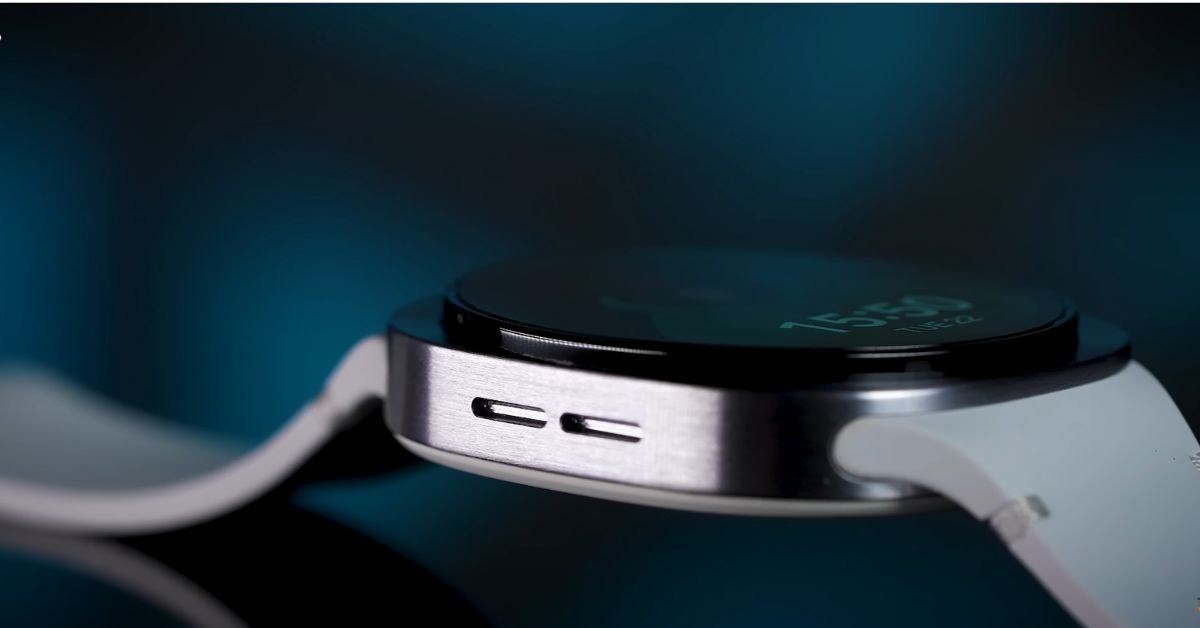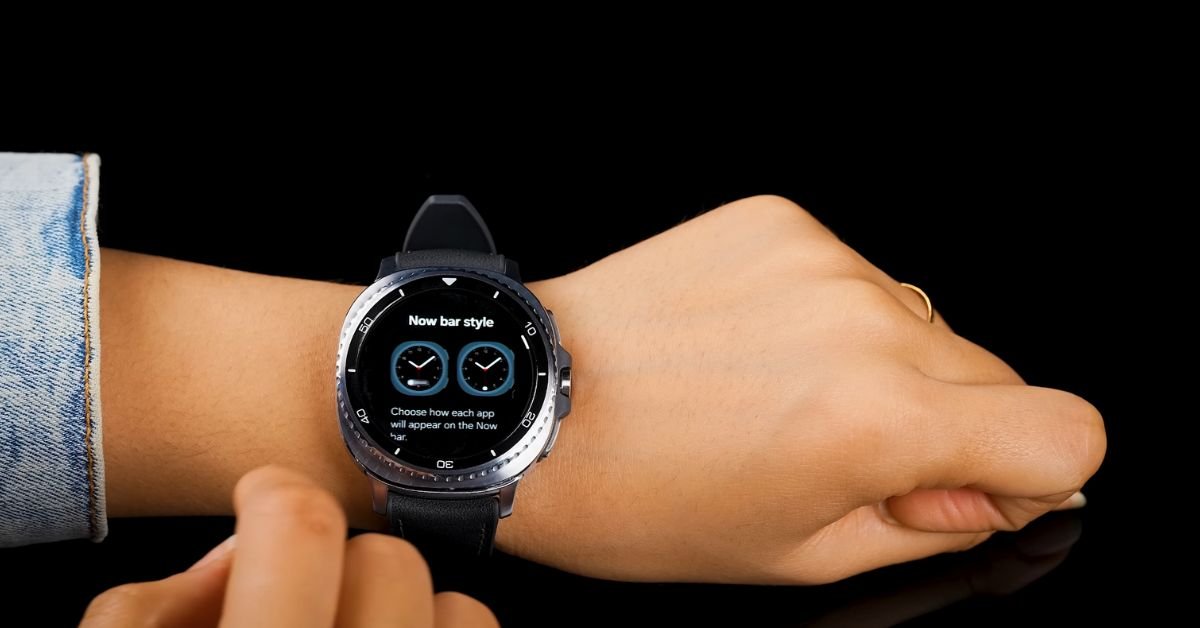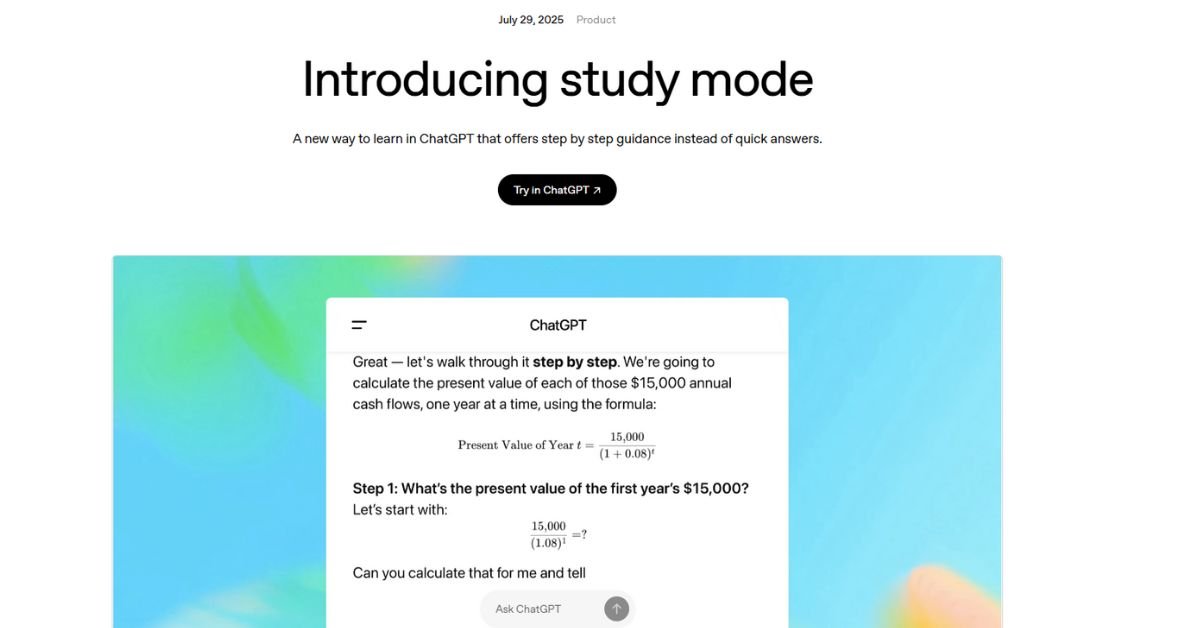In a blatant attack on users’ privacy, hackers have breached Tea App—which claims to be a private, women-focused community—and released more than 72,000 photos, including selfies and government ID photos of a total of 13,000 users. But now the fast-growing app, which allows women to anonymously share information about men, is grappling with a fundamental cybersecurity challenge.
Conceived as a digital “whisper network”, Tea App allows users to upload photos of men and leave comments, tagging them as “green flags” or “red flags”. The app is said to prioritize women’s safety, with features such as selfie verification to avoid fake accounts, and a no-screenshot policy. It also donates a portion of its profits to the National Domestic Violence Helpline.
But this week, that promise of safety was shattered. A spokesperson for Tee said Friday that hackers accessed an old database dating back more than two years, including verification selfies and IDs uploaded during the account setup process. The company said the data was kept as needed for cyberbullying investigations.
The breach appears to have originated from 4Chan, a notorious internet message board that has become a favorite platform for hacking and leak operations in recent years. Shortly after Tee reached the top spot on the Apple App Store, someone on the site started a thread calling for the app to be taken down. By early Friday morning, links to stolen photos were being shared on 4Chan and X (formerly called Twitter).
Tea’s creator, Sean Cook, has previously said he was inspired to create the app after watching his mother go through traumatic online dating experiences where she was targeted by criminals and catfishers. Now, his dream of a safe online space is in serious jeopardy.
The company said it is working with third-party cybersecurity experts “24/7” to upgrade its systems and prevent further harm. But, many users are already expressing concern about their personal information being exposed, especially as some said they are still on the app’s waitlist.
Although the T-app garnered over 2 million sign-ups in just a few days, its rapid rise in popularity is now associated with a major lack of trust. And for thousands of women who relied on the platform for safety, the breach has left them feeling even more vulnerable than before.








